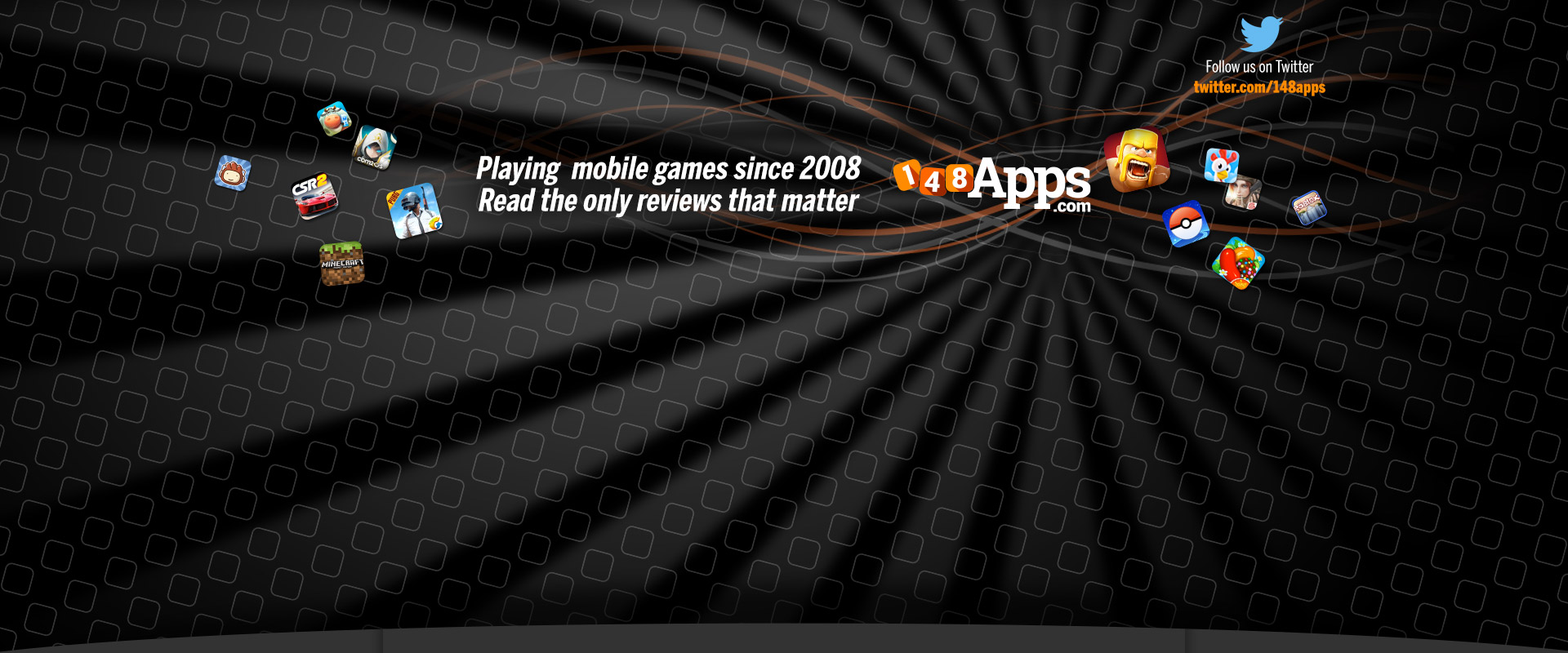Apple Issues Press Release Addressing Location Tracking Controversy

One of the big issues is that the iPhone is storing a large cache of data - according to Apple, this is not the actual user location, but a cache of the wifi/cell tower around you. The problem is that the cache isn't getting cleared out, and this is a bug that Apple is claiming will be fixed in a future software update. This is in line with what John Gruber has said recently, that the length of the history of this cache is a glitch. Apple claims that they cannot track you with this data - that it is sent to them "in an anonymous and encrypted form" and that "Apple cannot identify the source of this data." As well, this cache will no longer be backed up in iTunes, and that the file will be encrypted in the next major software update. Now, one of the other controversies is that this data was still being sent (approximately every 12 hours, according to research) even if Location Services were turned off. Apple is claiming that this too is a bug, and one that will be fixed in a software update in the near future.
Now, skeptics may claim that this is old information, and Apple are only addressing it now as the controversy has risen up. Alex Levinson and Sean Morrissey published a book about this in December 2010, after all. However, consider that very few people actually knew about this until the recent controversy that flared up, and it seems plausible that Apple could be telling the truth, especially as Apple is now largely adjusted their behavior to similar to what Android does. As well, Apple has mentioned that they're starting to collect traffic data in order to provide "iPhone users an improved traffic service in the next couple of years." Along with Apple dumping Skyhook for location services last year, Apple has plenty of reason to be collecting location data. At worst, at least Apple is now fixing these issues since people have been complaining about them.
Source: Engadget


